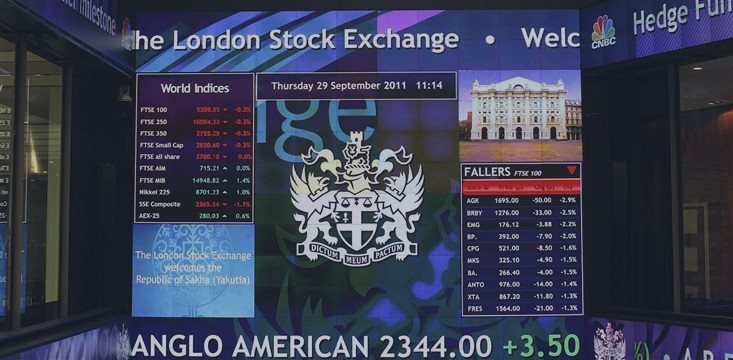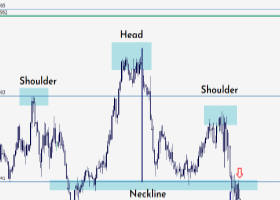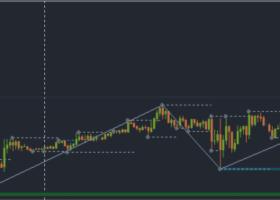
The FTSE 100 was ahead 28.7 points or 0.45% to 6,395.2 in early trading this morning. Although retailers helped the FTSE 100 rise in early action, investors remain wary with eurozone inflation data for December signaling the region slipped into deflation for the first time since 2009.
Supermarket chain Sainsbury’s lifted sentiment over retailers after it posted a 1.7% decline in third quarter like-for-like sales excluding fuel which was better than expectations of a 3% drop and helped its shares put on 1%. However, the group warned that the outlook for the rest of its year remains “challenging”.
Tesco (which reports on Thursday) put on 2% and Morrisons gained 3.2%.
Housebuilder Persimmon notably edged 0.4% ahead after it revealed that it sold 17% more homes at higher prices in 2014.
For the 12 months to December, eurozone consumer price inflation for the 12 months to December came in at -0.2%, down from +0.3% in November and undershooting economists’ consensus forecast of -0.1%.
Ben Brettell, senior economist at Hargreaves Lansdown says the news heaps “near-irresistible pressure” on Mario Draghi to inject further monetary stimulus when the ECB meets on 22 January.
"Draghi has so far refrained from full-blown quantitative easing [QE], in the face of stiff opposition from Germany. The markets have been concerned about outright deflation for months, and as such a failure to launch QE two weeks tomorrow would almost certainly be received badly."
In many ways, the fall in eurozone inflation can be attributed to the plummeting price of oil, which dropped below $50 a barrel yesterday. Brettell says this could prove positive for the euro zone economy, as lower fuel costs increase consumers’ disposable incomes.
But he adds that if deflation becomes entrenched and consumers begin to expect prices to fall, it can be dangerous. Spending decisions will be deferred in expectation of lower future prices and economic stagnation could result.
“Deflation is particularly worrying in the euro zone given the high levels of indebtedness in many member states, as falling prices increase the real value of debt.”
Still, there will be a silver lining for investors from more eurozone stimulus measures. QE programmes in the US, UK and Japan have sparked dramatic rallies in those countries’ stock markets, and the same would likely be the case for European stocks.
Brettell indicates, however, that with QE expected to weaken the euro, this could offset gains in sterling terms for those based in the UK.


